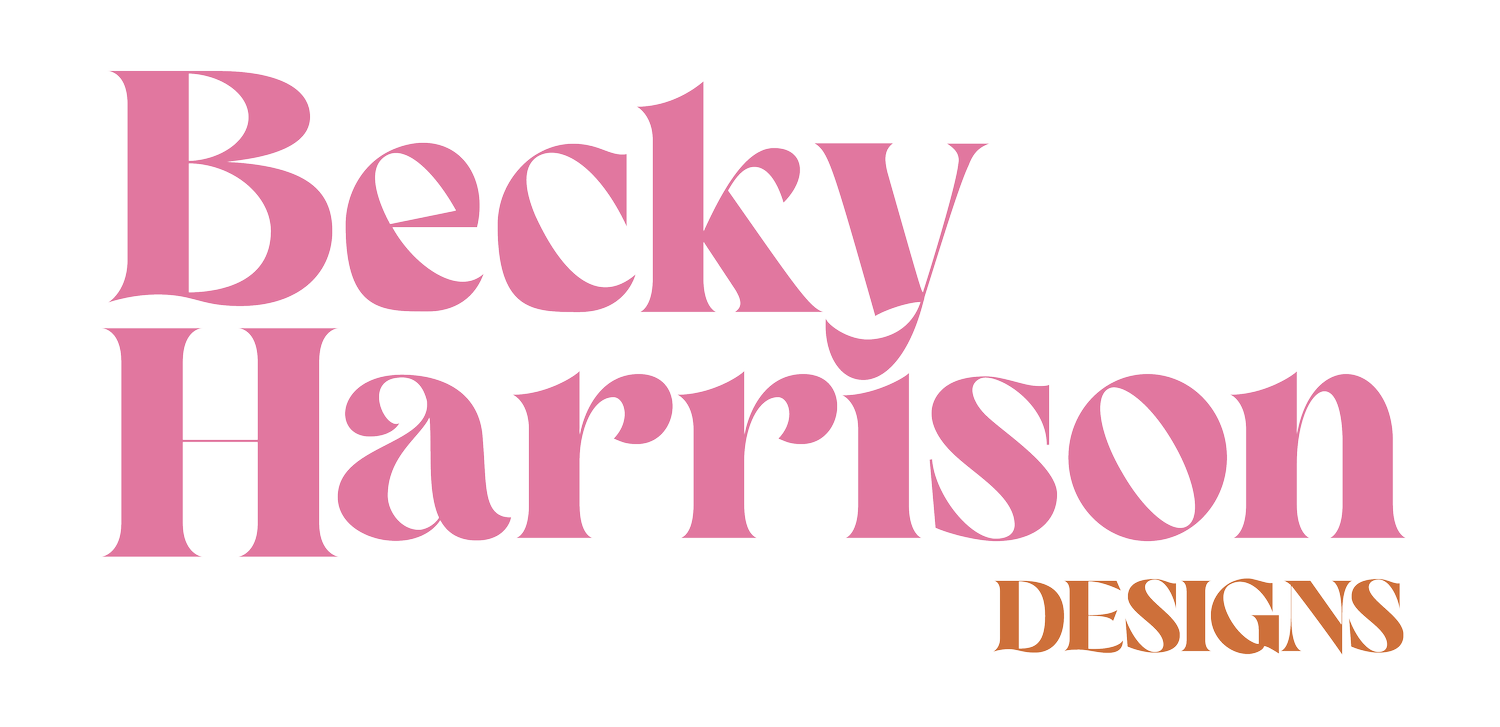Sustainability In Interior Design Series - Week 2
Designing Sustainable Bathrooms
Saving water is crucial to reducing our environmental impact
Welcome to week 2 of our series exploring sustainable design in interiors. This week we are going to deep dive in to bathroom design, so grab a cuppa, get comfy on your sofa and lets dive in!
The Energy Saving Trust reports that bathrooms are responsible for 70% of household water consumption. Fortunately many manufacturers are responding to this statistic by racing towards a circular economy with many companies now offering a “cradle to cradle” range.
Cradle to cradle is defined as the design and production of products of all types in such a way that at the end of their life, they can be truly recycled, imitating nature's cycle with everything either recycled or returned to the earth, directly or indirectly through food, as a completely safe, nontoxic and biodegradable nutrients.
Next generation bathrooms are expected to feature low water flushing toilets, recycling showers, water saving taps and efficient shower heads.
Toilets
According to NI Direct we flush away as much water in a day as we drink a month!
A quick fix for this is to install a water displacement device in the cistern which reduces the amount of water used by up to 2 litres with each flush.
Dual flush options are also great for reducing water usage.
If you want to make a long-term investment shower toilets are one of the best ways to save water with the added bonus of removing the need of toilet paper (each roll of paper requires 54 litres of water to manufacture!)
Aquacare showertoilet is a great choice as it doesn’t require electrical connection like some other designs.
Energy Efficient Showers
Showering is said to account for around 50% of our total household water consumption.
Many shower brands incorporate air into their showerheads to decrease the amount of water released. This creates a spa like experience whilst reduce water consumption – win/win! Methven Aio S Cool Touch Diverter Shower
Water recycling showers such as Grohe’s Everstream use only a quarter of the water and a third of the energy of a typical traditional shower
Companies to Celebrate
Diamik
Create unique luxury bathroom surfaces using Ecorok a new product that is made from 85% recycled waste glass (this would otherwise take 4000 years to break down in landfill!)
Ashton & Bently
Biome range of baths and basins made using eco friendly alternative to natural stone. Made from a blend of inert mineral fillers, recycled PET and a corn-based resin.
Ca’ Pietra
Rialot range features 7 different resin based real terrazzo tiles made from recycles and waste marble materials.
Remember!
Don’t forget to reuse and recycle – your trash will be another’s treasure. Utilise sites like freecycle and Facebook marketplace to sell or give away items and fittings you are replacing.
Small Changes
Switch to eco friendly non toxic cleaning products to minimise chemical pollution.
Replace plastic items with reuseable alternatives like bamboo toothbrushes and consider refillable dispensers.
I’d love to hear your views. Are you making choices differently? What are your top tips or hero products?
See you next time where we are going to explore Sustainability in Kitchen Design!
Becky x

